Even though teens and young adults often continue to have problems managing their language based learning disabilities in middle and high school, some are initially resistant to accepting help from specialist. Henry is in the 7th grade and he is always getting the class to laugh at his antics. He is well liked and kids think he is very funny. The teacher says that whenever she asks questions about a reading in class he starts to tell jokes. He often avoids answering questions and when he does answer them his answers are brief. At home, you notice he reads very fast and can not summarize what he has read.
Clare loves to write, but her mother notices that when she writes she seldom uses complex vocabulary. She notices that she uses “thingy” and its” often when she talking and writing. Sometimes she allows you to help her study for her vocabulary tests. At that time you notice she has difficulty putting the new words into sentences. She often memorizes one sentence she is able to formulate with help and uses that sentence on her tests.
If you have teens with learning disabilities you know that one of the problems of adolescence can be getting them to accept additional help from specialist like speech language therapist. At this age being part of the group, far out weighs concerns regarding learning. Many children continue to struggle with learning to manage their language based learning disabilities and they need help.
What can you do? Begin to foster a growth mindset. Look for board games that encourage complex discussions. Share your learning challenges. Look for a speech pathologist who have experience working with teens and young adults. Above all continue to foster a love of learning. One of the ways to navigate the problems of adolescence, accepting help from specialists, is to make sure your child is given an active role in their learning process during therapy. If they are an active participant they will soon learn to understand the importance and joy of learning.

